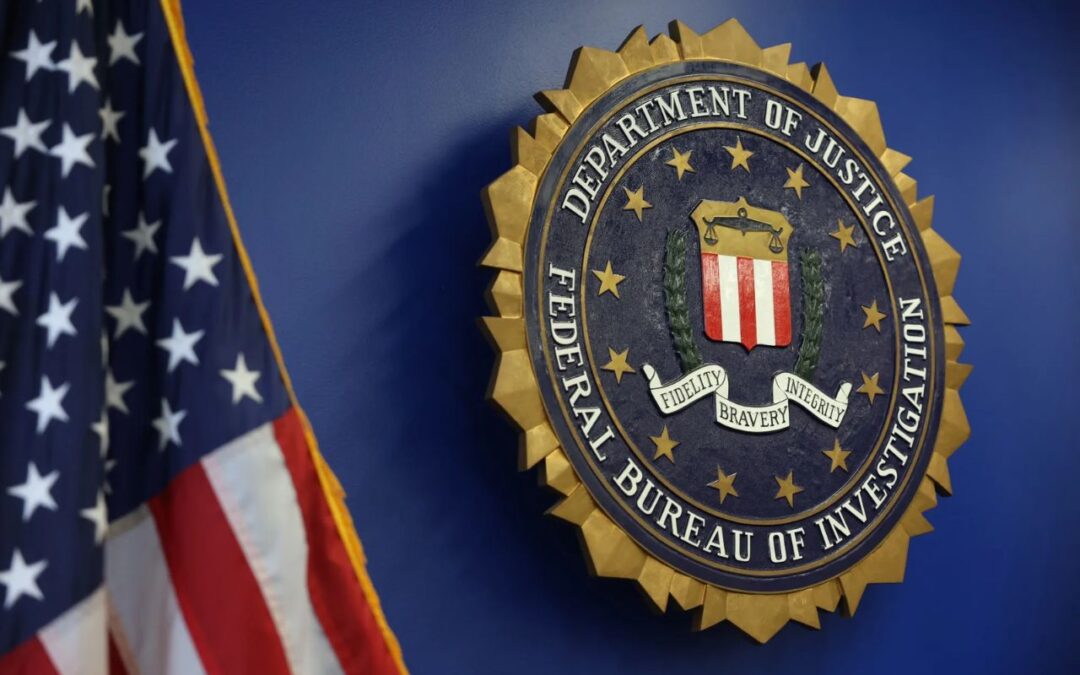Synopsis: The U.S. appeals court ruled the FBI is not liable for erasing a hard drive with $345M Bitcoin, blaming the owner’s denial and delay for the irreversible loss.
A U.S. appeals court has ruled that the FBI cannot be blamed for wiping a hard drive allegedly containing over 3,400 Bitcoin, now worth around $345 million. The decision ends a long legal fight led by Michael Prime, a Florida man convicted of identity theft and fraud.
Prime claimed that the Bureau erased the only copy of his private keys while he was in prison. However, the Eleventh Circuit Court of Appeals said on November 4 that Prime’s own actions and his years of denial led to the irreversible loss. Personally, I find this story a remarkable example of how silence can cost a fortune.
Multiple Crimes, Missing Bitcoin
Prime’s troubles began in 2019 when federal agents arrested him on charges including access-device fraud, aggravated identity theft, and illegal firearm possession. During the investigation, agents seized several devices, including an orange hard drive that Prime later said held the keys to his buried treasure 3,443 Bitcoin. At that time, Bitcoin traded below $10,000 per coin, but today its value hovers around $100,000, making the alleged stash worth hundreds of millions.
After pleading guilty that same year, Prime filed official financial statements declaring that he owned only $200 to $1,500 in Bitcoin. He described this as his only remaining asset. He never mentioned the hard drive. Understandably, investigators treated the device as ordinary evidence and followed standard FBI protocol to wipe it after the case closed.
When he left prison in mid-2022, Prime suddenly claimed to be a Bitcoin millionaire and demanded the return of the wiped drive. By then, the data and his potential fortune was long gone.
Judges Point to Delay and Deception
The three-judge panel comprising Jill Pryor, Britt Grant, and Stanley Marcus agreed unanimously that Prime’s lawsuit lacked merit. They highlighted his inconsistent statements and significant delay in asserting ownership. Under the legal doctrine of laches, such delays can block claims if they unfairly affect the opposing party.
“For years, Prime denied he had much Bitcoin at all,” the judges wrote. They added that the government had relied on those denials when it decided not to chase potential crypto assets. Personally, that seems fair; if someone hides the truth, recovery later becomes nearly impossible.
Prime attempted to argue that his old statements were misunderstood, saying he meant each Bitcoin’s value not the total he held was between $200 and $1,500. The judges dismissed that explanation as “preposterous,” noting that Bitcoin’s market price in early 2020 regularly exceeded $10,000.
FBI Followed Procedure, Court Says
The appeals court emphasized that the FBI acted properly. The agency had wiped the drive only after providing notice and following standard privacy protocols. Once erased, any cryptographic keys became irretrievable a key fact about Bitcoin ownership.
Without a private key, coins are lost forever. Data from Glassnode and Chainalysis reveal that between 1.46 million and 3.7 million BTC, nearly 17 percent of total supply, may already be permanently lost. Sadly, Prime’s coins now seem to have joined that group.
Still, the case sparks broader debate about how law enforcement handles seized digital assets. The judges observed that even if the Bitcoins existed, compensation would be “inequitable” because Prime’s earlier denials caused the loss. That’s a tough pill to swallow but legally sound.
A Warning for Crypto Holders
This verdict highlights a crucial lesson for anyone dealing with digital currencies: honesty matters as much as security. Crypto owners must disclose their assets clearly during legal proceedings or risk losing everything. The FBI’s standard device-handling policies protect privacy, not portfolios.
Prime’s missteps also underline the technical truth of crypto: lose the key, lose the money. It’s haunting to imagine sitting on a $345 million fortune yet being unable to touch it because of one hard drive. But in this case, the court decided the blame lies not with the FBI but with the man who kept silent for too long.
Written By Fazal Ul Vahab C H

